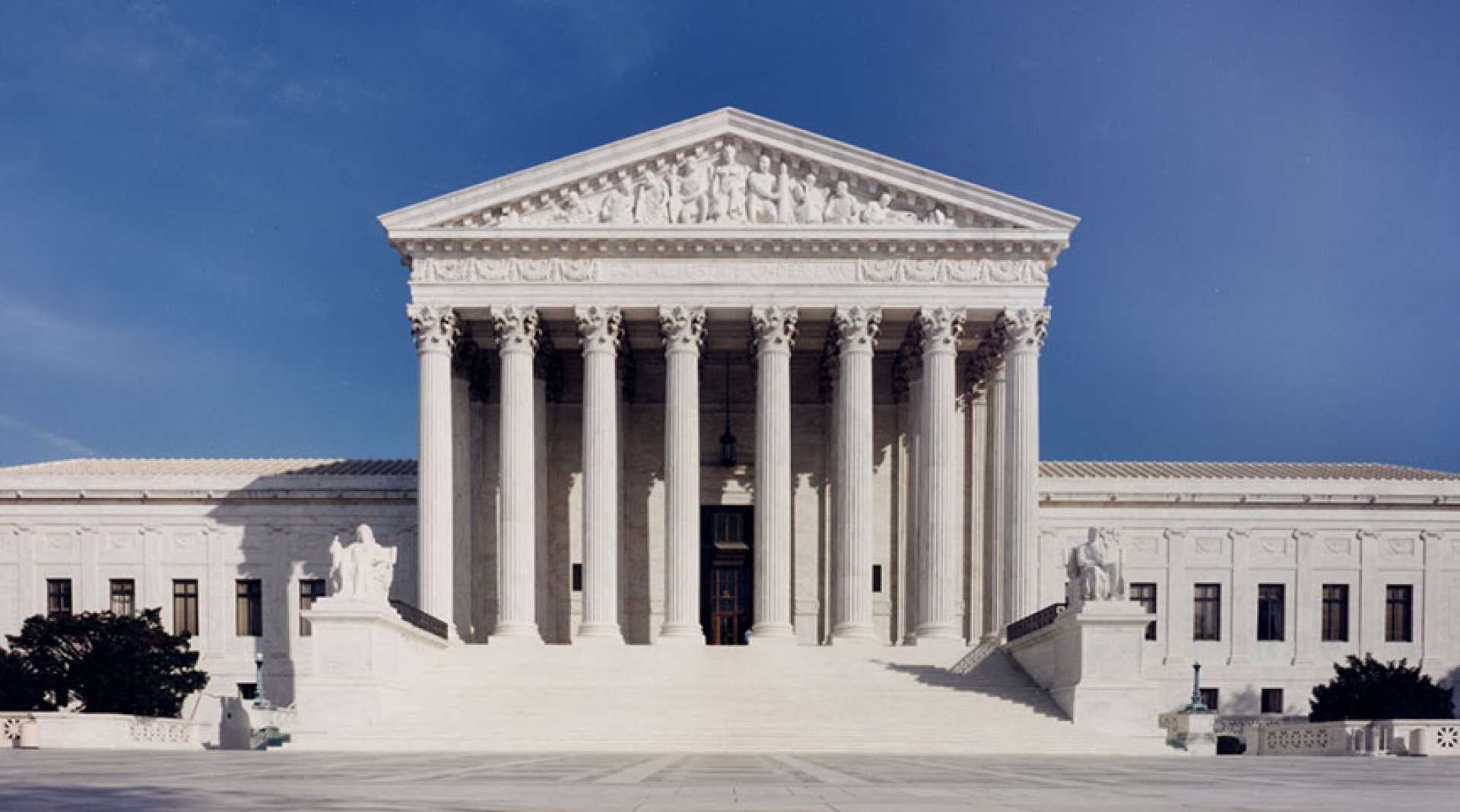News
Supreme Court Revives Small Business Ownership Disclosure Rule

WASHINGTON (AP) — The U.S. Supreme Court on Thursday revived a requirement that owners of millions of small businesses register personal information with the Financial Crimes Enforcement Network (FinCEN), an arm of the Treasury Department tasked with combating money laundering and other financial crimes. The decision allows enforcement of the Corporate Transparency Act, enacted in 2021 to target the illicit use of anonymous shell companies.
Owners and part-owners of an estimated 32.6 million small businesses must now provide personal details, including photo IDs and home addresses, to FinCEN. The requirement had been blocked by a federal judge in Texas, who ruled that Congress lacked the authority to pass the law. A panel of the 5th U.S. Circuit Court of Appeals had kept the rule on hold pending further review.
The Supreme Court’s action came in response to an emergency plea from the Justice Department, filed in the final days of the Biden administration. The decision allows enforcement of the registration requirement while the Texas case continues through the courts.
The National Small Business Association (NSBA), which has opposed the law, urged FinCEN to give businesses ample time to comply. “This decision creates even more uncertainty for the millions of small businesses we represent,” said NSBA President and CEO Todd McCracken. “I cannot stress enough what a major problem this back-and-forth is and the massive uncertainty it creates for the millions of small businesses across this country.”
Karen Kerrigan, president and CEO of the Small Business & Entrepreneurship Council, echoed concerns about the law’s implementation. “At this point in time and with the cloud of uncertainty still hanging over CTA’s legality, we are urging President Trump to step in and provide immediate penalty relief for late filers, of which there are likely millions of small business owners,” she said.
Supporters of the law, including a coalition of labor, environmental, and progressive organizations, praised the court’s decision. “For years, police and prosecutors have tried to combat a flood of dirty money associated with often violent crimes, but that can’t happen if they run into a wall of shell companies and secrecy,” said Ian Gary, executive director of the FACT Coalition. “Today’s order is a reminder of the urgency of opening the money trail so our law enforcement officials can crack down on criminals who abuse the system.”












